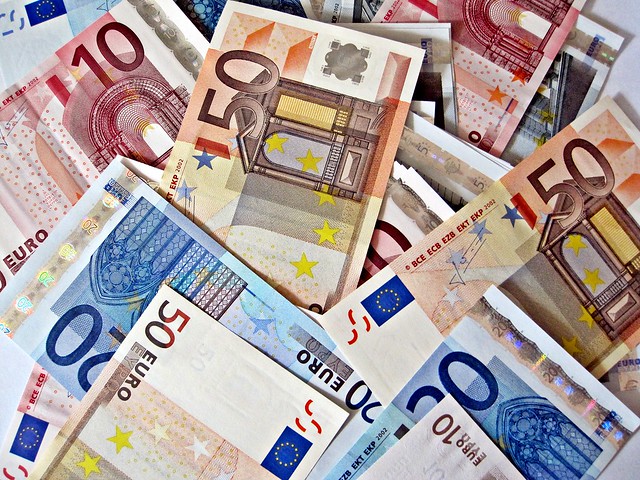“Computer Data Hacker” (CC BY 2.0) by Visual Content
There’s no doubt about it, online fraud is on the increase and is becoming larger and larger in scale as the criminals behind it become more sophisticated. For proof, all you need to look at is the scam that brought large sections of the NHS in the UK to a near standstill in May 2017.
But while these large-scale attacks on big corporations and other organisations are the ones that hit the headlines, it’s also certain that the individual attack is on the increase with individuals being targeted and exploited too.
Behind this increasingly personalised approach lies the extremely dark art of social engineering in which the attackers use information that they have about their target to make their approaches seem even more authentic and believable.
While the best exponents of this are very convincing, it wouldn’t work at all without some degree of complicity on the part of their intended victim and this means they also have to appeal to some element of human nature – and in recent times it’s fear, greed and love that have proved to be the key triggers for their success.
Fear
What the online fraudster really wants is to cloud their targets judgement so instilling fear that something bad’s about to happen is a logical move to make. So, for example, at one end of the extreme people are often sent court summonses which include a document to download which will then infect their computer with a virus or other malware. At the other, it may be a message that their inbox is full and their email account has been frozen.
Although these may be easy to dismiss, there is another strain of hoax that is almost impossible to ignore: that of the kidnap threat if a payment, often in Bitcoins to protect anonymity, isn’t made. To lend credibility these emails also often contain personal information that has been gleaned from social media and other publicly available sources.
Greed
“Pile of Euro Notes” (CC BY 2.0) by Images_of_Money
When it comes to greed the triggers are all too obvious. So, although the Nigerian lawyer holding millions in trust for you has become a cliché, there are still plenty of scams out there ranging from fake shopping sites whose prices seem too good to be true to offers of tax rebates for which you have to supply many personal details.
Love
The third and final motivator is that old thing called love and, unsurprisingly, dating and social media websites are where you’re most likely to be caught out by it. Typically, a likely-sounding partner makes contact and gradually gains your trust. Then, before long, some disaster befalls them and they ask for a small loan. This goes on with the amounts being demanded gradually increasing to truly unbelievable levels.
So it all adds up to the fact that extra vigilance is needed these days whenever you go online as even the most level-headed and tech-savvy of us can find ourselves being drawn in by these techniques. But with a cautious approach, fully updated anti-virus and malware software and the conviction that if sounds too good to be true it probably is, we should all be able to avoid it.






